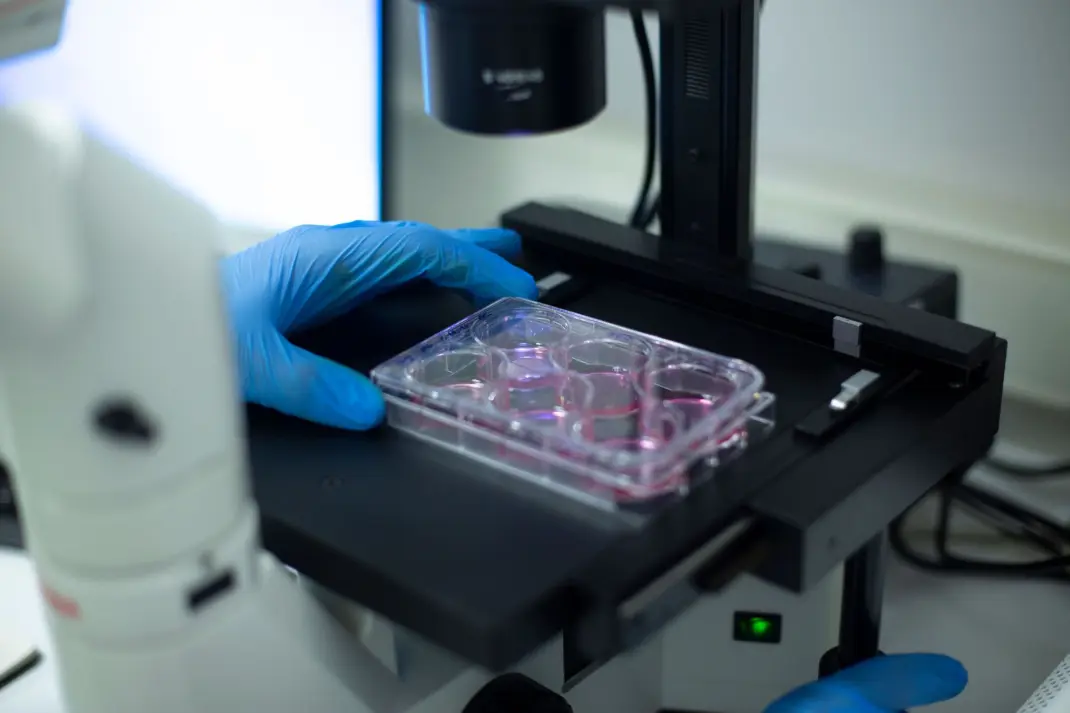Immunoassays: Principles, Applications, and Advances in Automation
Immunoassays are highly sensitive and specific analytical techniques based on the principle of antigen–antibody recognition. These assays enable the qualitative and quantitative detection of target analytes such as proteins, hormones, pathogens, and small molecules in complex biological matrices. Depending on the design, immunoassays can be homogeneous or heterogeneous, with formats including ELISA (enzyme-linked immunosorbent assay), RIA (radioimmunoassay), and CLIA (chemiluminescent immunoassay), among others. The signal generated—commonly enzymatic, fluorescent, or luminescent—is proportional to the analyte concentration and allows for precise biomolecular quantification even at picomolar levels. Advances in automated immunoassay systems have significantly improved throughput, reproducibility, and standardization, making these platforms indispensable tools in clinical diagnostics, pharmacokinetics, biomarker discovery, and bioprocess monitoring. Their ongoing development continues to expand their utility in both routine and specialised biomedical applications.
